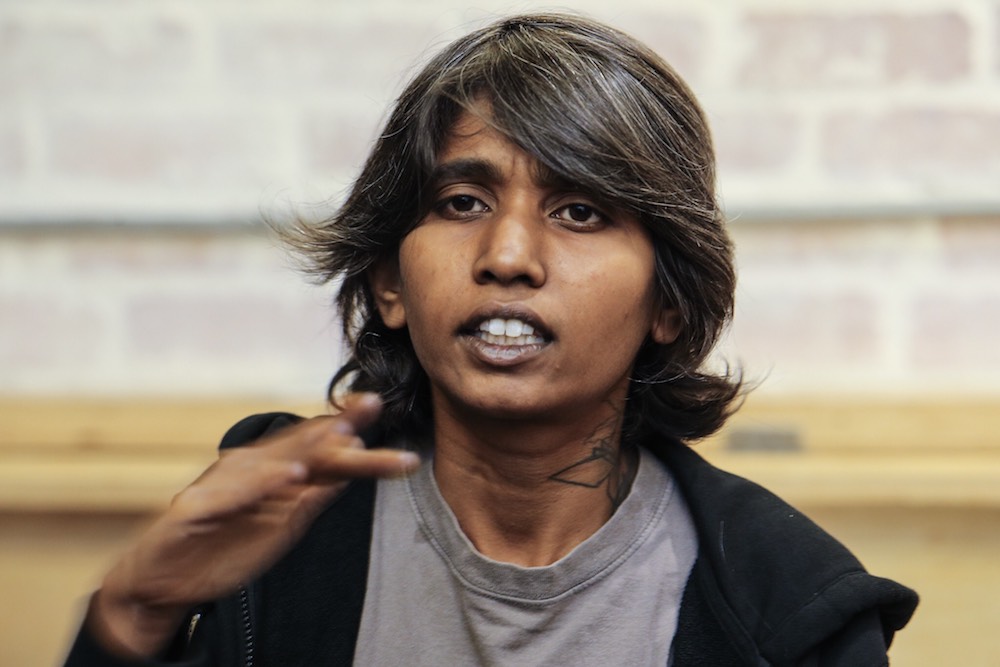KUALA LUMPUR, May 17 — US celebrity George Clooney’s misinformed warning to Malaysia about imposing the death penalty for homosexuality highlights the need for more engagement with the lesbian, gay, bisexual and transgender community, said a local advocacy group.
Commenting on Clooney’s description of a business boycott credited with dissuading Brunei against the death penalty for gays as a “warning shot” to Malaysia and Indonesia, Justice for Sisters founder Thilaga Sulathireh said advocates must learn the context of the countries before speaking out.
“He probably doesn’t understand the legal contexts in all of the countries. I think there were some assumptions that he made.
“That goes back to my point that people who want to engage in global activism must build relationships and synergy with groups on all levels so that the statements that they make and the actions that they take are appropriate and representative of the reality that people live in,” Thilaga told Malay Mail.
As a Muslim-majority nation, Malaysia views the LGBT community as incompatible with its religious foundations.
Despite Clooney’s remarks, however, Malaysia does not have laws against homosexuality per se but simply criminalises unnatural sex in its Penal Code. Singapore, which was not mentioned by the Hollywood star on the talk show last week with host Ellen DeGeneres, has similar penal laws.
Thilaga also responded to Deputy Foreign Minister Datuk Marzuki Yahya, who rebutted Clooney’s comments on Tuesday, by pointing out that Malaysia does not and will not resort to killing sexual minorities.

The activist said that while the death penalty was far from likely, the LGBT community still faced undeniable discrimination in Malaysia.
“I think Datuk Marzuki Yahya must understand that Malaysia does have discriminatory laws and policies against lesbian, gay, bisexual and transgender people and other marginalised groups.
“As long as Malaysia maintains discriminatory practices and laws, it will come under global scrutiny,” the activist added.
She also noted that the country was reportedly cited for various discriminatory practices by United Stations human rights initiatives such as the Elimination of Discrimination Against Women treaty and Universal Periodic Review.
Government representatives also should not continue to use religion and culture to justify discrimination and marginalisation, the activist said, asserting that justice, dignity and inclusion are the key principles of many religions while culture is dynamic and ever-changing.
Brunei controversially announced on April 3 that it was imposing death by stoning for homosexuals as part of the country’s Shariah laws.
This triggered an international outcry and boycott of hotels owned by Sultan Hassanal Bolkiah across the world, leading to the Brunei ruler to announce a moratorium on the penalty this month.



















